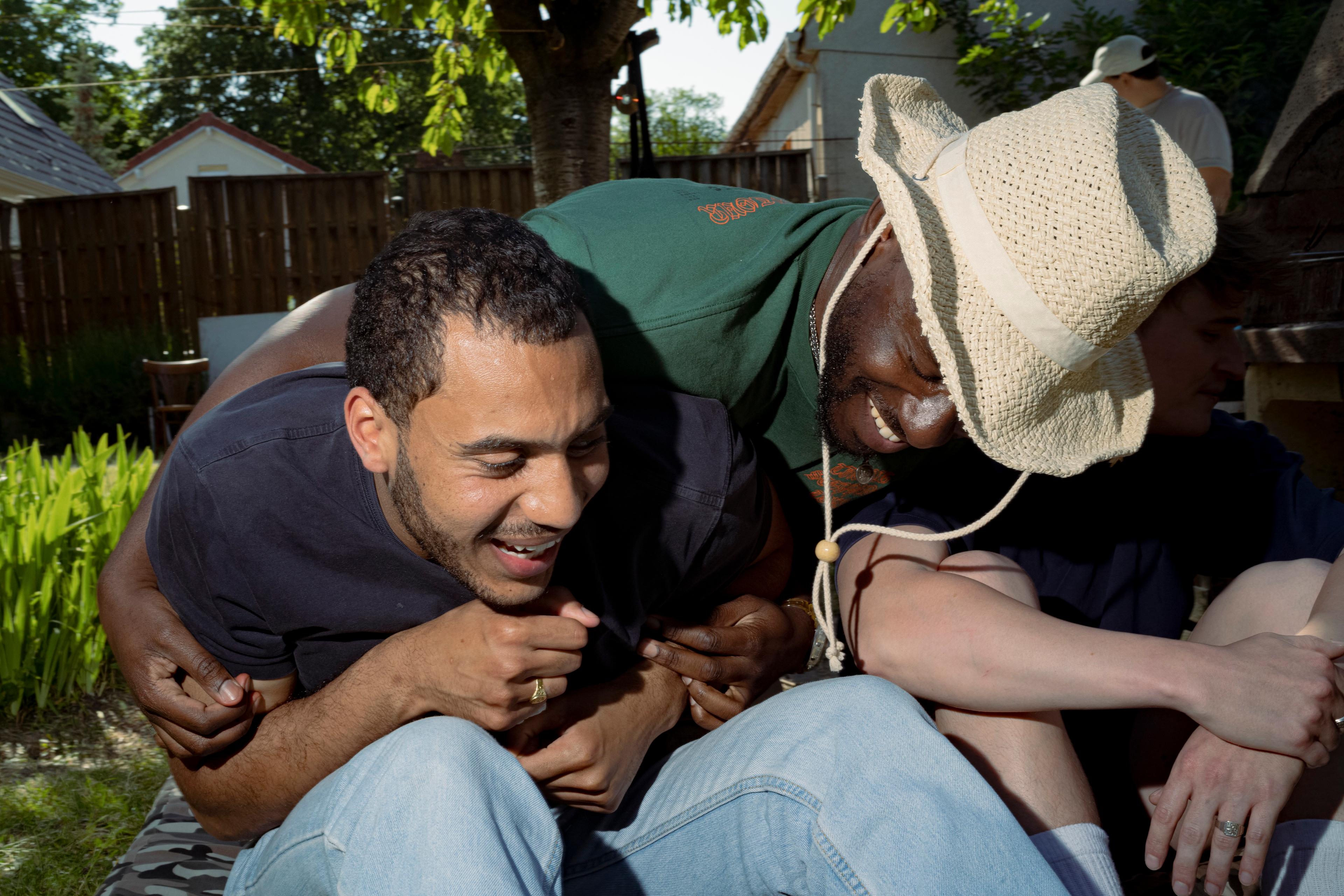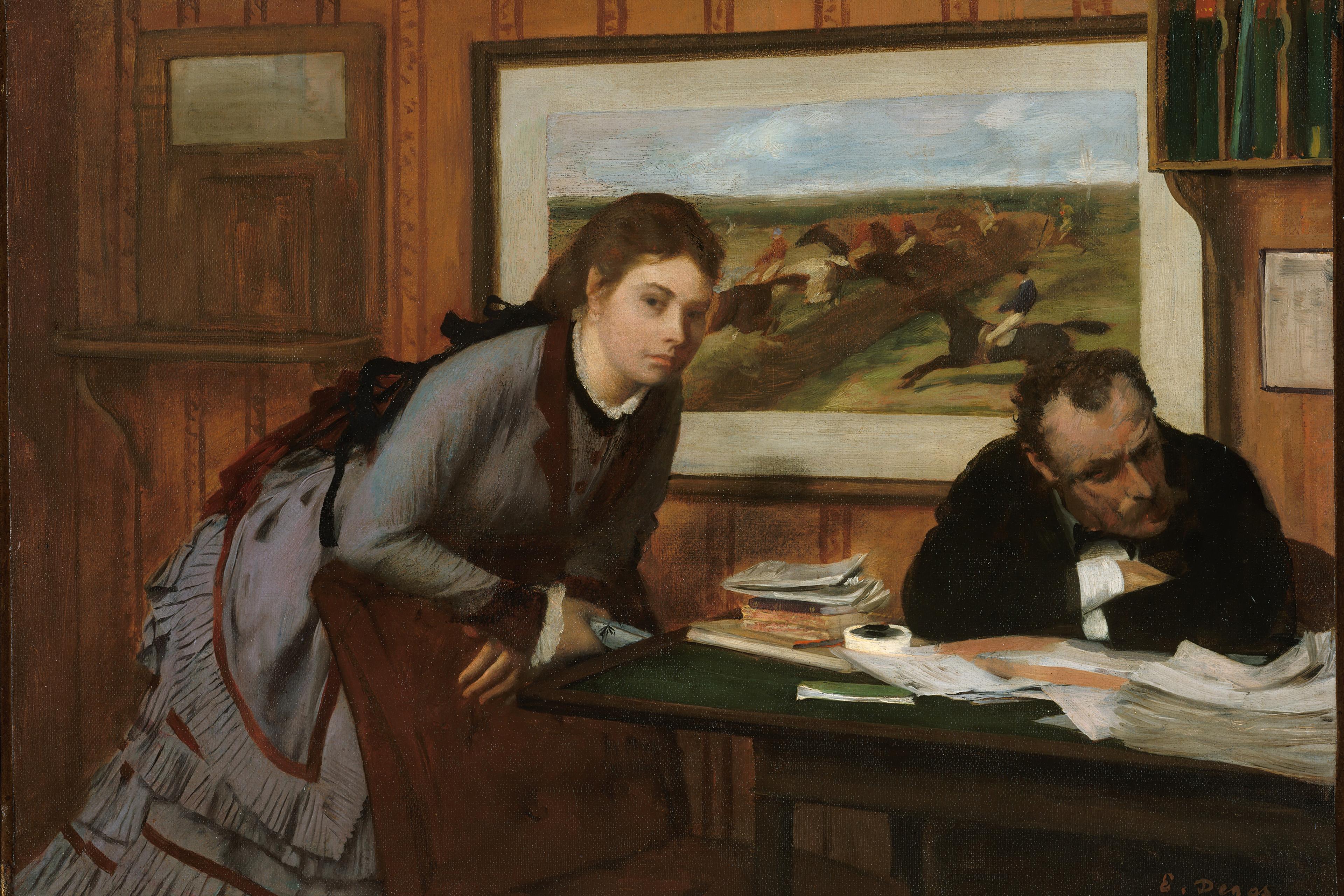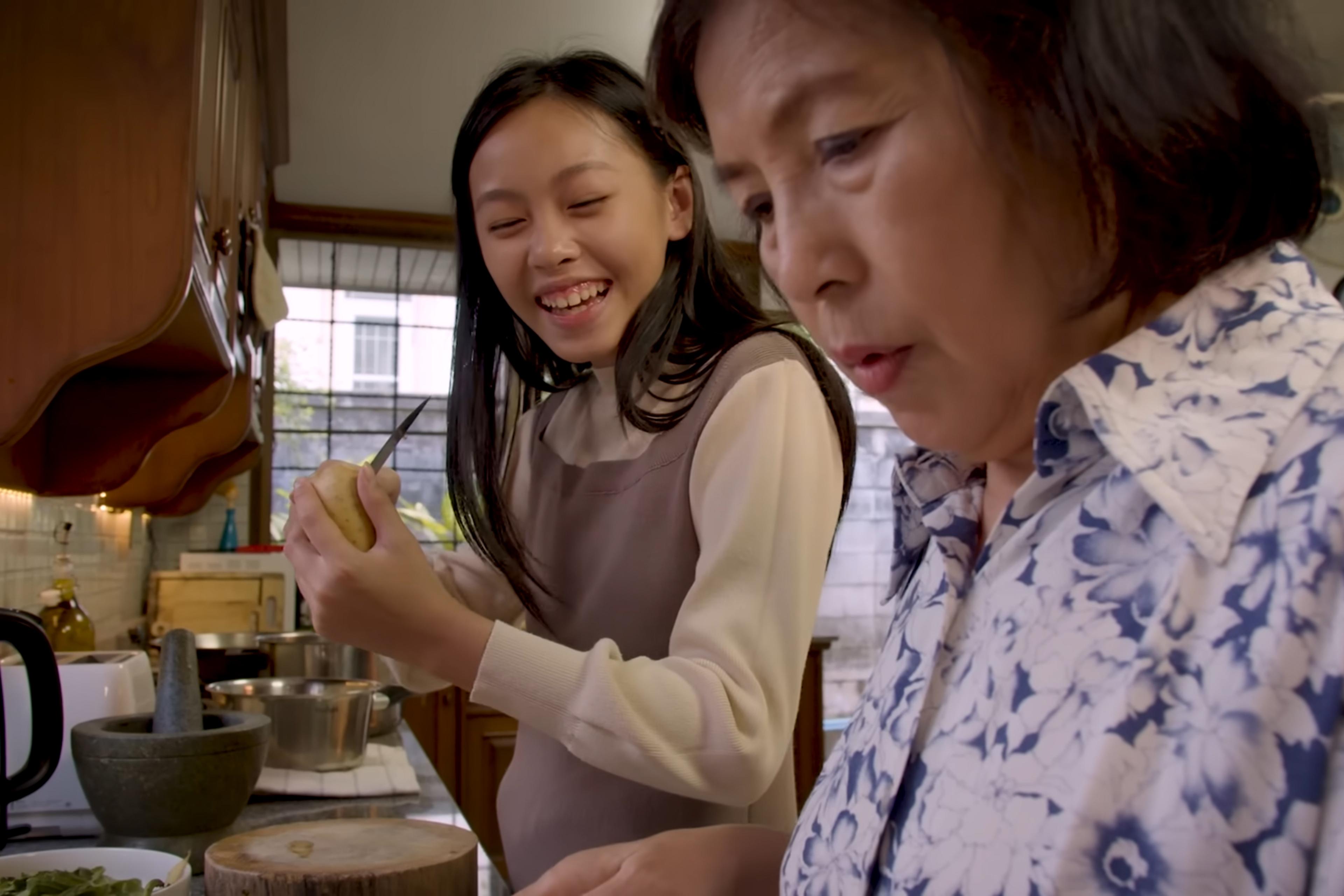After some three decades studying emotions, Lisa Feldman Barrett, a professor of psychology at Northeastern University in Boston, has come to the following conclusion: ‘Not everybody has as much control as they might like, but everybody has a little more control than they think they do.’ In this video from The Well, she explains why, discussing what emotions are at their core, how they differ from feelings, and how common misconceptions about them can be both misleading and limiting. Drawing on these insights, Barrett argues that it’s more accurate and useful to understand emotions not as purely reactive or hardwired, but as predictive processes that, with awareness and effort, can be shaped for the better.







